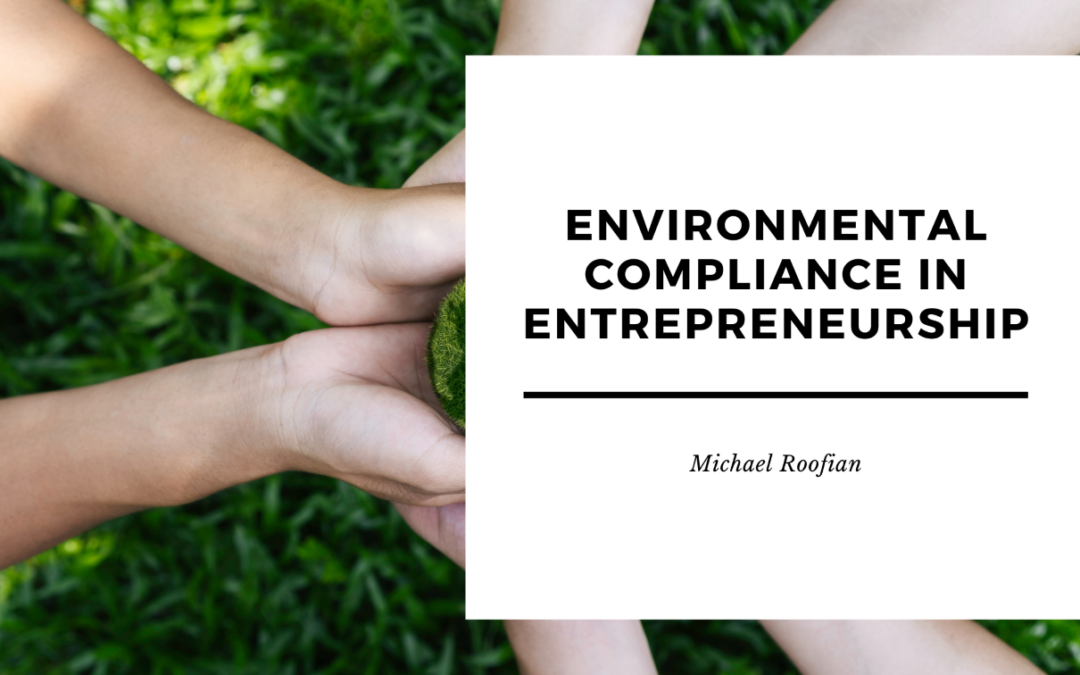As the world embraces sustainability, entrepreneurs increasingly recognize the importance of environmental compliance in shaping responsible and resilient business practices. This blog explores the critical role of environmental compliance in entrepreneurship and how businesses can integrate eco-friendly practices to meet regulatory standards while contributing to a healthier planet.
- Understanding Environmental Compliance: Environmental compliance involves adhering to laws, regulations, and standards set to protect the environment. Entrepreneurs must familiarize themselves with local, national, and international environmental regulations that govern their industry and operations.
- Regulatory Frameworks: Different regions have distinct regulatory frameworks addressing environmental concerns. Entrepreneurs should identify and understand the laws and regulations applicable to their business, covering emissions, waste management, water usage, and hazardous materials handling.
- Eco-friendly Business Practices: Adopting eco-friendly practices is a moral responsibility and a legal obligation. Entrepreneurs can integrate sustainability into their operations by reducing energy consumption, minimizing waste, implementing responsible sourcing practices, and aligning their business with environmental compliance standards.
- Waste Management and Recycling: Proper waste management is a cornerstone of environmental compliance. Entrepreneurs should implement efficient waste disposal and recycling programs, ensuring that their businesses contribute to waste reduction and comply with regulations governing the handling of specific types of waste.
- Renewable Energy Adoption: Transitioning to renewable energy sources is a powerful strategy for environmental compliance. Entrepreneurs can explore solar or wind power options to reduce carbon emissions, enhance energy efficiency, and align their operations with sustainable practices.
- Water Conservation Measures: Water conservation is integral to environmental compliance, particularly in industries that rely heavily on water resources. Entrepreneurs can implement efficient irrigation systems, wastewater treatment, and water recycling measures to minimize environmental impact.
- Emissions Control and Air Quality: Industries that emit pollutants must prioritize emissions control to comply with air quality standards. Entrepreneurs should invest in technologies and practices that reduce air emissions, improve air quality, and meet regulatory requirements.
- Environmental Impact Assessments: Certain ventures may require environmental impact assessments before initiating new projects. Entrepreneurs should conduct thorough inspections to identify potential environmental risks, propose mitigation measures, and ensure compliance with regulatory requirements.
- Continuous Monitoring and Adaptation: Environmental compliance is an ongoing commitment. Entrepreneurs should establish systems for continuously monitoring, measuring, and adapting environmental practices. Regular assessments and adjustments ensure that businesses remain aligned with evolving ecological standards.

